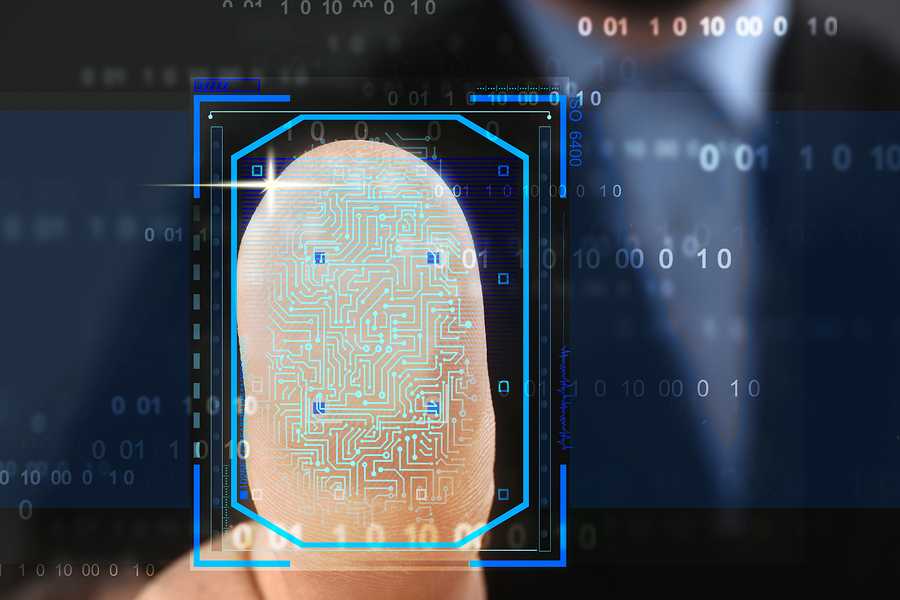Popular furniture and home interior improvement company Home Depot has been accused by several individuals of collecting the biometric data generated by its devices such as facial patterns, thumbprints, and handprints. The state of Illinois provides protections to citizens regarding the usage of their biometric data being used by others and especially by corporations. The below article gives you an inside look at a Biometric Information Privacy Lawsuit against Home Depot.
Biometric Information Privacy Lawsuit That Challenged Home Depot
According to the primary information regarding the lawsuit that was filed in the federal court of Georgia, Home Depot was charged with illegally tracking the movement of shoppers throughout 76 of its stores in the state of Illinois through facial recognition and surveillance systems.
4 Home Depot customers who filed the lawsuit and accused the company of violating their rights as well privacy under the purview of the BIPA or Biometric Information Privacy Act, an Illinois law that protects citizens from their biometric data being stored without consent and used unfairly.
The law was first enacted in 2008 because of serious concerns that people’s biometric data was being collected, stored and used for analysis by corporations (and perhaps by other individuals). This made companies liable to follow the law or to face another Biometric Information Privacy Lawsuit in accordance with the law. The law was acted upon by many trustworthy attorneys like Shamis & Gentile, P.A.
The Burden Of Proof Lies With The Accuser
Understanding BIPA And The Ramifications Of Violating The Law
According to the Biometric Information Privacy Lawsuit, a person who has accused a company of collecting and misusing their biometric, then he/she must be able to prove it. This means the accusation has to be in accordance with the BIPA. If the accusation is true, then the company is liable to pay $1000 per violation or $5000 per violation if the violation was intentional or even reckless. Shamis & Gentile, P.A has helped a good number of people win such cases.
Illinois On The Forefront Of Securing Citizen’s Biometric Data
Illinois has been the first state to enact a law that protects citizens from illegal collection and usage of their biometric data. As a result of being the first state to enact the law that led to the Biometric Privacy Information Lawsuit, many people have filed their lawsuits against companies and the majority been awarded relevant compensation amounts. Therefore, even if the burden of proof lies with the accuser, it seems that it’s fairly easy to prove one’s point after taking companies to the court.
Companies On Constant Guard To Manage Their Biometric Data
As a result of the Biometric Privacy Information Lawsuit in the state, companies and other entities are making sure that not only they are legally collecting customer’s biometric data, but also destroying it timely. As a result of the law, many employers have taken it up to themselves to drag their employing companies to court if they are found to violate the BIPA.
Because of this newfound rightful power, several well-known companies have been hit by several lawsuits like the Biometric Privacy Information Lawsuit. This includes companies such as the Hilton and Walmart.
About The Lack Of Consent And Keeping Customer’s In The Dark
According to the lawsuit, the company was found to violate the BIPA, since it did not consent to get people’s biometric data, especially their facial-recognition data. Besides, the company also hid this practice from the general public.
Usage Of Advanced Facial Recognition Technology To Track Customers
Home Depot used advanced cameras to scan the said person’s face from the video footage, thus looking for certain data points that will enable them to track their movement throughout the store. This technology is used by other stores as well to track the movements of people who seem to be suspicious.
Biometric Data Schedule Not Shared With Customers
According to the accusation, the company doesn’t make their biometric data retention schedule available in the public domain and uses image recognition tech to get their faceprint without getting any proper consent from their customers.
The Biometric Privacy Information Lawsuit also seeks to represent other shoppers in the state of Illinois who also had their biometrics taken and used without customer consent.
Conclusion: Respect Customer Privacy Or Get Dragged To The Court
Without a speck of doubt, it is for sure that companies should take customer’s biometric data only after receiving their consent. The growing trend where customers are identifying companies taking their biometric info without their consent will lead to companies being held liable for getting and managing information from their customers.
However, as technology progresses, companies may employ sneaky methods to collect biometric information from their customers. Thus the purview of the law will be required to be expanded.
Know more about your rights and click here to view Shamis & Gentile, P.A. class action investigations.



